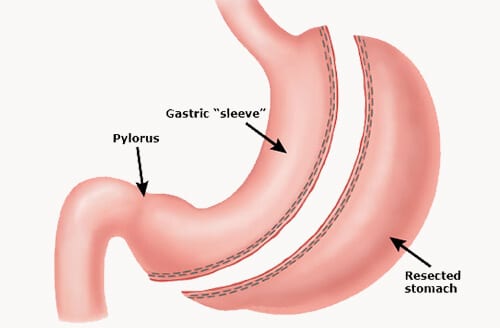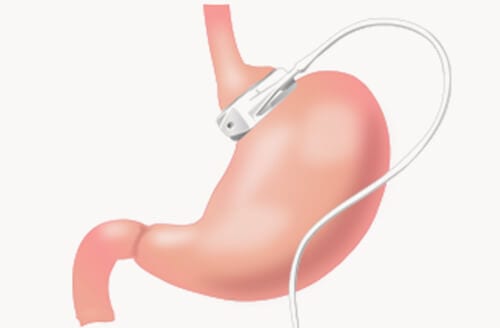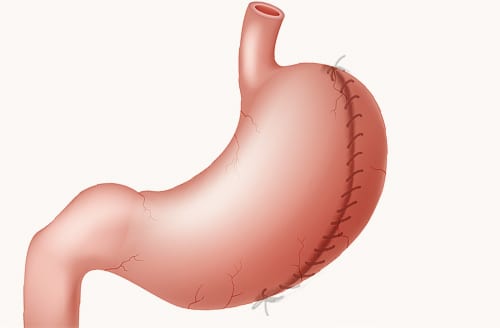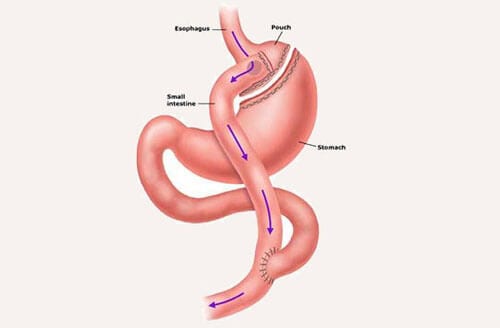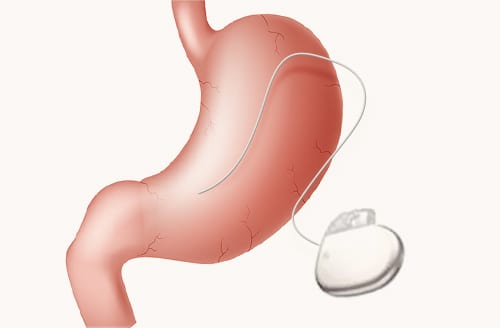Bariatric Surgery Los Angeles
Definition And History
Bariatric Surgery refers to the branch of surgery that concerns itself with the surgical treatment of excess weight. It is also frequently referred to as Weight Loss Surgery, Weight Control Surgery, and/or Obesity Surgery. The term Bariatrics comes from ancient Greek where baros meant “heavy weight” or “load”, and iatros meant “doctor” or “treatment”. Interestingly in ancient Hebrew bari– also meant “fat” or “ fleshy”.
Since 1960s, the term bariatric has been used increasingly more frequently in describing medical or surgical subspecialties dedicated to the treatment of obesity as Bariatric Medicine or Bariatric Surgery respectively.
Bariatric surgery, also known as weight loss surgery or obesity surgery, over the last several decades has become increasingly important as the obesity epidemic has claimed ever increasing number of victims in America. Although initially bariatric surgery involved large incisions and was considered very dangerous or high risk, with the development of the new technologies, bariatric surgery has become laparoscopic, minimally invasive, safe, and very effective.
Obesity is a growing problem in the United States. Every state and city has been affected by the obesity epidemic including California and Los Angeles. Obesity also causes multitude of other diseases such as cancer, diabetes, hypertension, infertility, sleep apnea, and many more. Bariatric surgery not only treats obesity, but also all the diseases associated with it.
Bariatric surgery specialty currently includes such diverse procedures as gastric sleeve (sleeve gastrectomy), gastric bypass, gastric banding, Lap Band, bilio-pancreatic diversion (BPD, BPD-DS), gastric balloons for weight loss, Orbera, Obalon, endoscopic gastric plication (Accordion procedure), and is constantly evolving to include newer and better procedures (bariatric revisional surgery).
Also Located in Beverly Hills, Glendale, Rancho Cucamonga, Fountain Valley, and Marina Del Rey, CA
Here at The Weight Loss Surgery Center Of Los Angeles, Dr. David Davtyan provides a thorough explanation about bariatric surgery options to his patients. It is very important to understand the weight loss procedures in detail before choosing the right surgery option.
Contact The Weight Loss Surgery Center of Los Angeles today to schedule your consultation with Dr. Davtyan.


